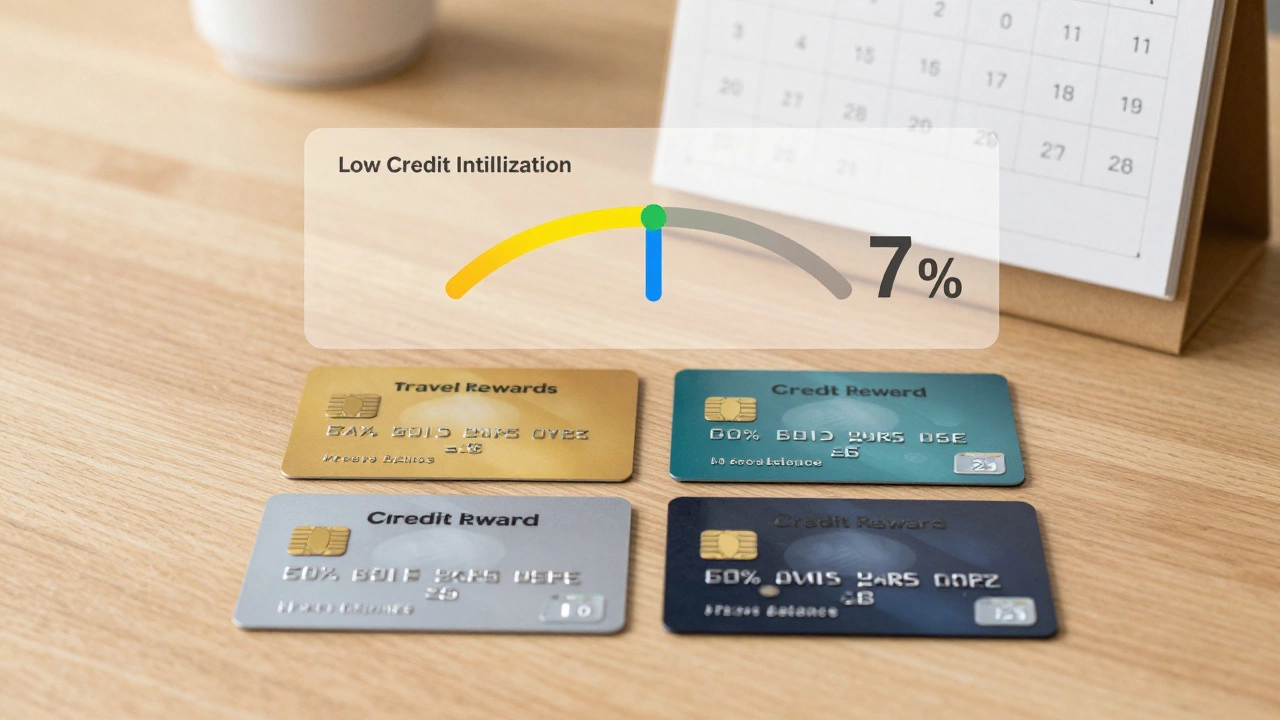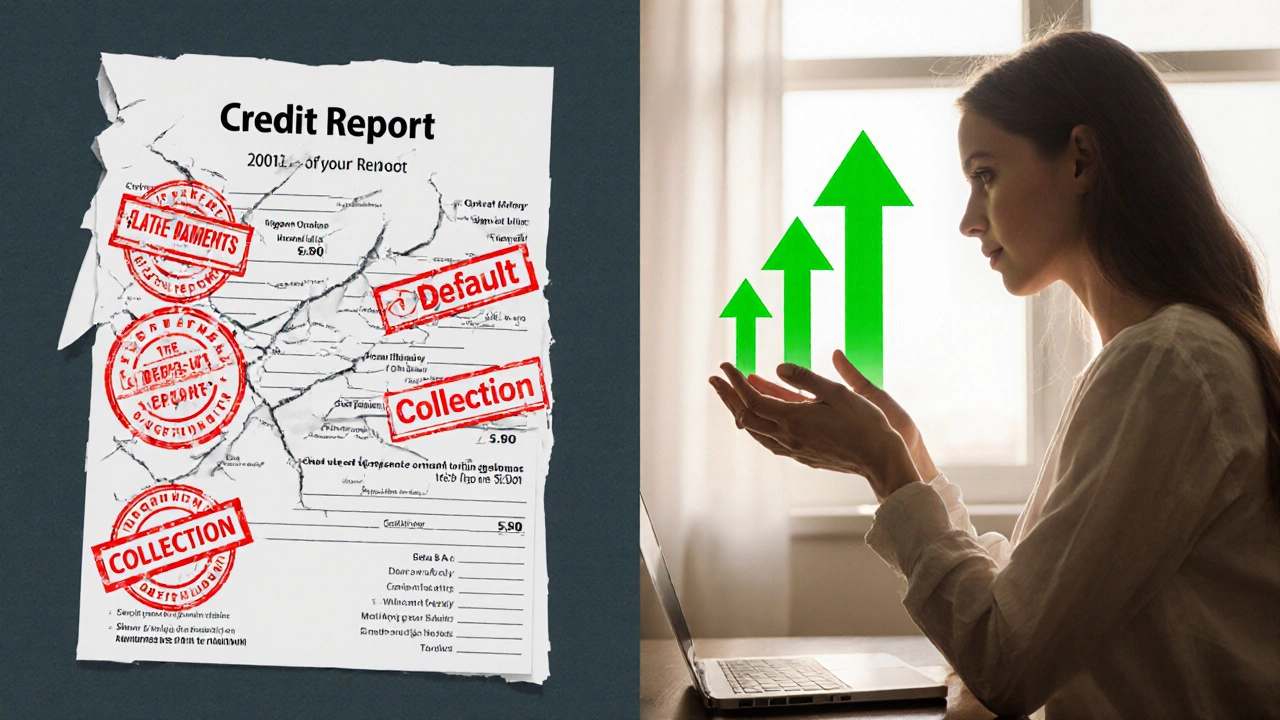Credit Score 101: How It Works and Why It Matters
Did you know a single number can decide whether you get a mortgage, a credit card, or even a new flat? That number is your credit score, and it shows lenders how reliable you are with money.
What Makes Up Your Credit Score?
In the UK, most scoring models use five factors. The biggest chunk is payment history – every on‑time bill pushes the score up, every missed payment drags it down. Next is credit utilisation, which is the balance you owe compared to your total credit limits. Keep it under 30% and you’ll look good.
Length of credit history matters too. The longer you’ve had accounts in good standing, the better. Credit mix – a mix of credit cards, loans, and mortgages – shows you can handle different types of credit. Finally, new credit enquiries can lower your score temporarily, so space out applications.
Most UK scores range from 0 to 999. Anything above 800 is generally considered good, while below 600 can make lenders think twice.
Simple Steps to Boost Your Score
First, check your score for free. Services like Experian, Equifax, and TransUnion let you see it once a month at no cost. Spot any errors? Raise a dispute and get them fixed – a single mistake can knock off dozens of points.
Second, pay every bill on time. If you struggle with a due date, set up automatic payments for the minimum amount to avoid late fees. Third, lower your credit utilisation. Pay down balances or ask for a higher limit and keep spending low.
Fourth, avoid closing old accounts. Even if you don’t use a card, its age stays on your record and helps the length‑of‑history factor. Fifth, limit hard enquiries. Only apply for new credit when you really need it, and space applications at least six months apart.
These moves might not sky‑rocket your score overnight, but they create a steady upward trend. A higher score can shave off interest on mortgages, lower credit‑card APRs, and even help you qualify for equity‑release deals or better insurance rates – topics you’ll find in other posts on this site.
Remember, your credit score is a snapshot, not a life sentence. Keep good habits, watch your report, and you’ll see the numbers improve. Ready to check yours? Grab a free report and start polishing that key number today.












